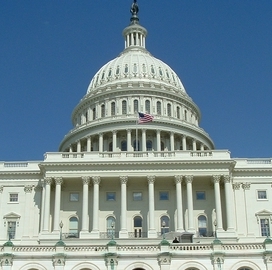 The U.S. government shutdown could interrupt some of the country’s services such as disease detection and prevention, healthcare, food safety, emergency response and compliance activities, according to a report by the University of Minnesota’s Center for Infectious Disease Research and Policy.
The U.S. government shutdown could interrupt some of the country’s services such as disease detection and prevention, healthcare, food safety, emergency response and compliance activities, according to a report by the University of Minnesota’s Center for Infectious Disease Research and Policy.
Lisa Schnirring and Robert Roos write public health and food safety agencies have warned on their web sites that the shutdown will affect their ability to update advisories and information in real time and respond to inquiries.
The Centers for Disease Control and Prevention will freeze activities for the flu vaccination program, outbreak detection and genetic and molecular analysis.
CDC will continue programs such as Vaccines for Children, strategic national stockpile, international malaria activities and the Haiti cholera response initiatives.
The Food and Drug Administration will continue to maintain consumer protection activities and public health monitoring, except for establishment inspections, enforcement operations import monitoring, notification programs and lab research programs.
Schnirring and Roos write the National Institutes of Health intends to maintain clinical services only for patients already admitted and stop incoming study protocols and awarding activities.
The Agriculture Department’s Food Safety and Inspection Service will keep regular meat, poultry and eggs inspections on site.
The Department of Homeland Security will proceed with counter-terrorism and intelligence gathering activities.

Leave a Reply
You must be logged in to post a comment.